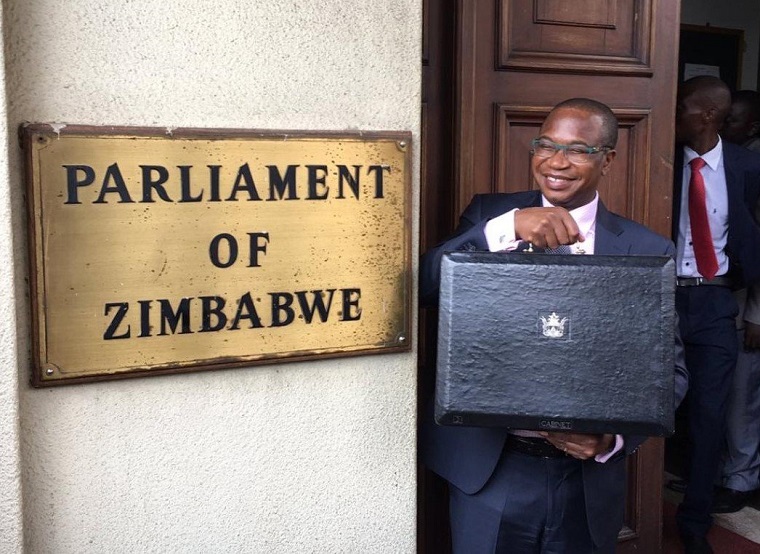The downside is that TBs were being issued to fund ZAMCO. Ncube has now frozen new TBs for ZAMCO and wants to do away with ZAMCO altogether. “With immediate effect, ZAMCO will no longer assume further loans from the market. In addition, government will review ZAMCO’s mandate and consider winding up of its operations which are being supported by government.”
The government has moved to quietly retire Command Agriculture, the centrepiece of Mnangagwa’s administration and, some would say, his campaign platform. Command ate up $1.1 billion as at August 2018, almost three times the budget target of $401 million. Ncube said it “has been one of the major drivers of the budget deficit”, made worse by high default among beneficiaries.
Ncube announced that the government is reviewing “the financing mechanism with a view of sharing the burden between government and the private sector”. He, however, gives no detail on how this will be done.
He says agriculture funding will be confined to support for vulnerable households, extension services, and research and development. In all, Agriculture got $989 million. Of all ministries, it has the biggest capital expenditure share, with $853 million set aside for that. Much of that capex is on irrigation systems, dams and mechanisation.
Ending Command Agriculture is a good move, and a daring one given its political capital.
Recently, Surface Wilmar, the country’s biggest cooking oil processor, told the government to dump the programme, and said it was ready to help with a better model.
There is also the question of youth officers. Never has there been a bunch more difficult to get rid of. Last year, then Finance Minister Patrick Chinamasa tried to retrench 3,188 “youth officers”, really ZANU-PF activists leeching off the Treasury. His decision was reversed by Robert Mugabe at a rally.
When Mnangagwa came to power, Chinamasa again tried it, announced in his December 2017 budget that they would be let go.
But the officers went to court, and it was ruled that they had been unfairly dismissed. The Public Service Commission was then ordered to do it properly. Ncube says the youths will be cut loose by year end.
It will cost money in the short term. Government has already set aside $5.2 million for the three months’ cash in-lieu of retirement and $17.7 million for their pension benefits.
Ncube has removed customs duty on sanitary wear, “in order to cushion underprivileged women and girls”. The measure brought cheers from female MPs, who high-fived each other on the announcement. However, Ncube says he is doing so for only 12 months. He is also exempting imports of sanitary wear from VAT.
The opposition often quotes a 2010 Ernst & Young audit report, which was never made public, as the source of their claim that there are more than 70 000 ghost workers on the Government payroll.
In her 2015 report, Auditor-General Mildred Chiri found 3500 ghost workers drawing salaries totalling $21 million. A civil service audit conducted in 2015 put the number of ghost workers at 3 307.
Continued next page
(1001 VIEWS)


